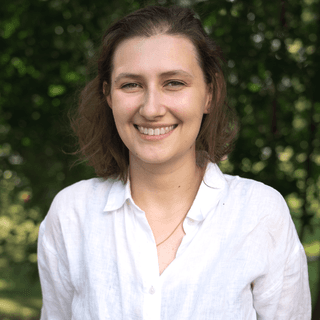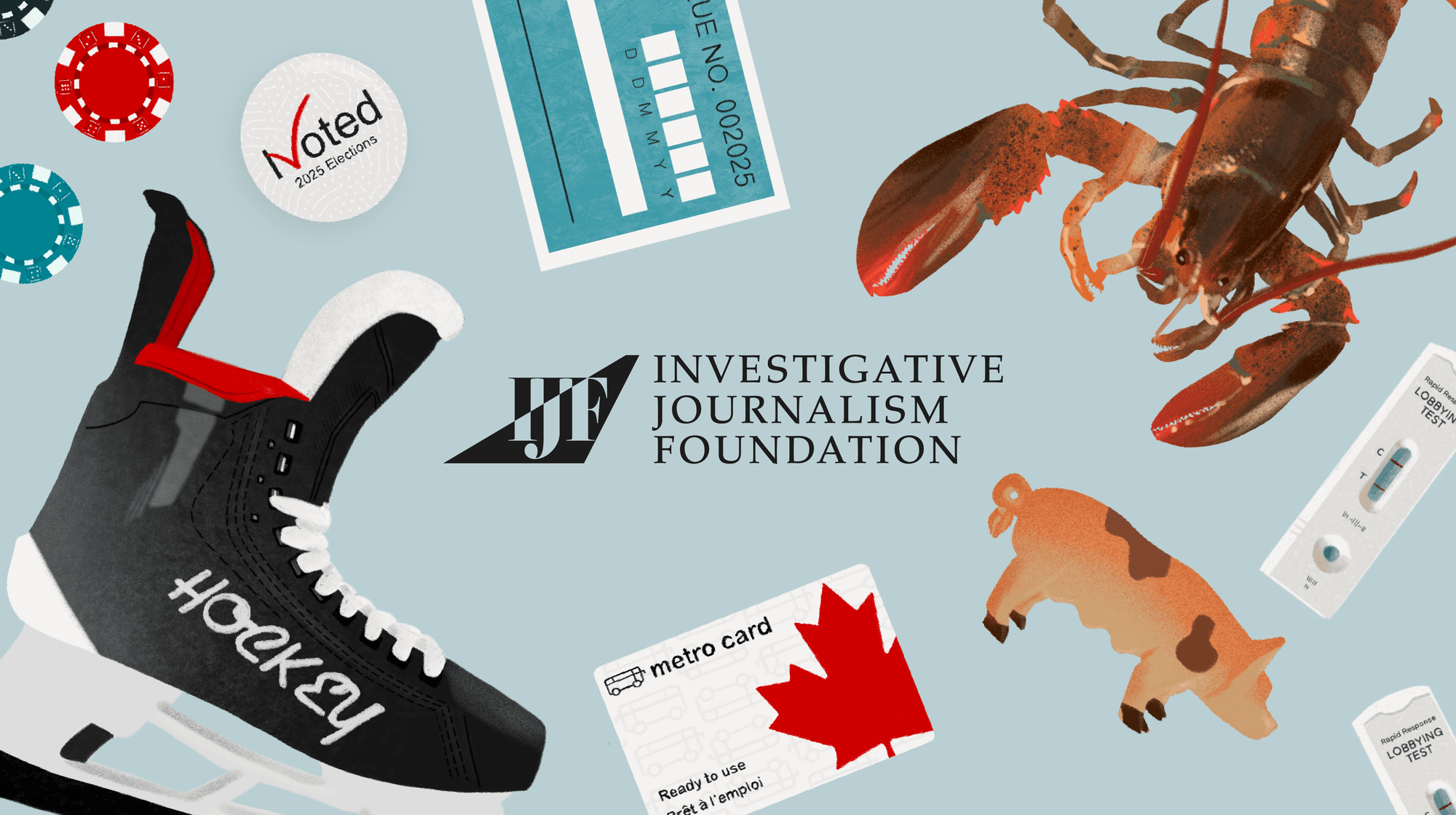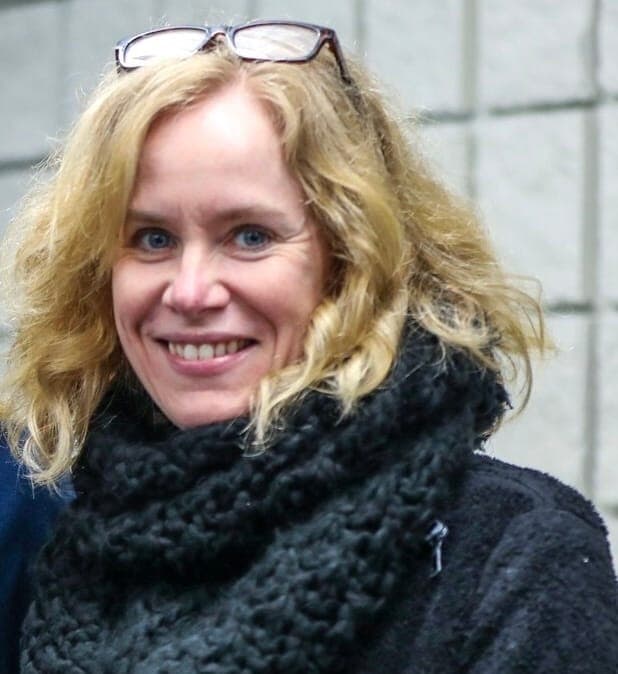
Meet the IJF: UBC Data Science for Social Good Fellows
Will Jettinghoff, Cindy Jin and Yadong Liu have joined the IJF to do data visualizations
19 Jun 2023 • 5 min read
Copied to clipboard!
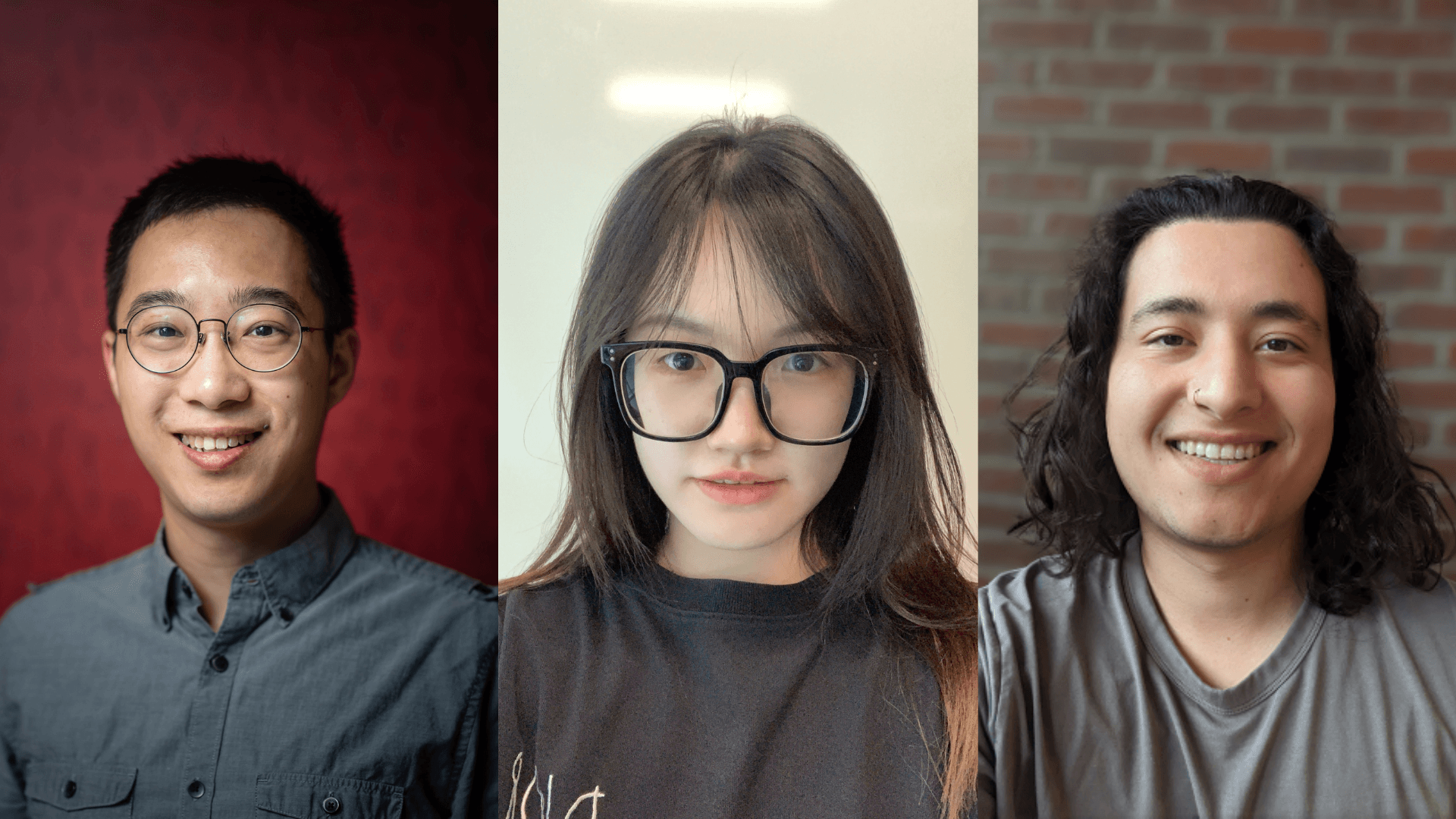
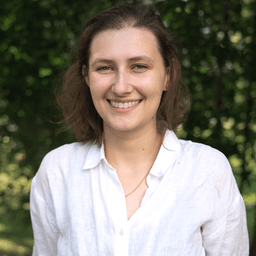
Hannah Carty
Hannah is a Toronto-based reporter. Prior to joining the IJF, she was the editor-in-chief at The Varsity, the University of Toronto’s student newspaper, and is the Ontario representative for the Canadian University Press.
Democracy needs you.
Subscribe today to support independent Canadian journalism.
Dig Deeper
Our databases turn public records into public power. Dig in to find the real story on lobbying, donations, contracts, access to information releases and more.
Search
Related Articles


